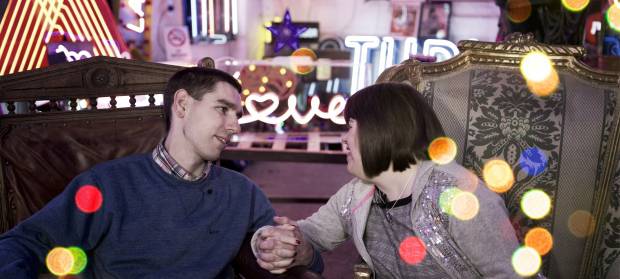Sexuality
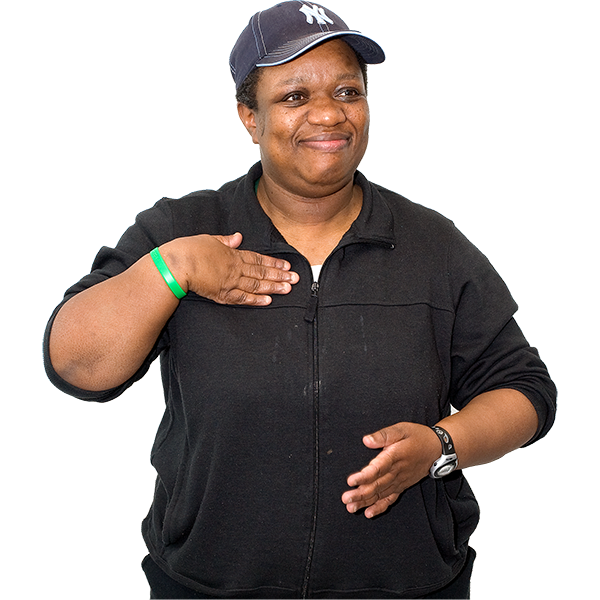 Sexuality is how you feel about yourself and your body. It is about finding out and knowing what feels right for you.
is a human right. Yet, all too often, the sexual needs of people with a
learning disability
Sexuality is how you feel about yourself and your body. It is about finding out and knowing what feels right for you.
is a human right. Yet, all too often, the sexual needs of people with a
learning disability
 A learning disability is to do with the way someone's brain works. It makes it harder for someone to learn, understand or do things.
are not acknowledged.
A learning disability is to do with the way someone's brain works. It makes it harder for someone to learn, understand or do things.
are not acknowledged.
We've compiled some frequently asked questions regarding the sexuality of people with a learning disability.
Do people with a learning disability have sexual needs?
Of course! People with a learning disability may be straight, LGBTQ or asexual. But regardless of their sexuality, everyone has the right to express their sexual needs and sexuality in a safe and legal way.
Why are personal and sexual
relationships
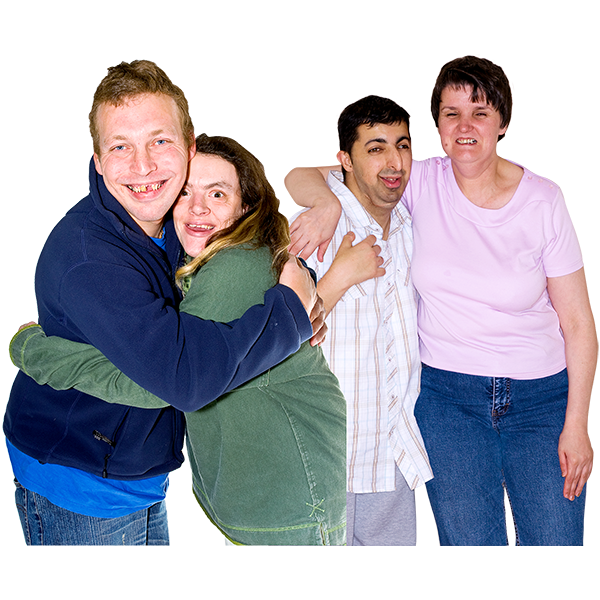 Relationships are about the people in your life. You might have different types of relationships like friendships, family relationships, or a boyfriend or girlfriend.
important to people with a learning disability?
Relationships are about the people in your life. You might have different types of relationships like friendships, family relationships, or a boyfriend or girlfriend.
important to people with a learning disability?
They're important because they provide people with fulfilment, improve their self-esteem and help reduce loneliness. They can also reduce health risks, such as depression, high blood pressure and higher mortality risk.
What sexual
rights
 Rights are the things everyone should be allowed to do like have a say, or go to school.
do people with a learning disability have?
Rights are the things everyone should be allowed to do like have a say, or go to school.
do people with a learning disability have?
Just like everybody else, people with a learning disability have sexual rights, which need to be affirmed, defended and respected (WHO 2006). These rights were enshrined in UK
law
 Laws are the rules that everyone in the country has to follow. If you don't follow the rules you can get in trouble with the police.
by the
Human Rights
Laws are the rules that everyone in the country has to follow. If you don't follow the rules you can get in trouble with the police.
by the
Human Rights
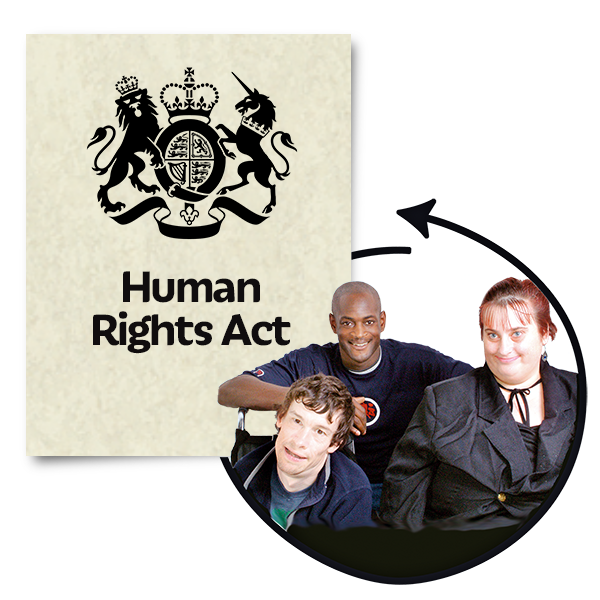 Human rights are the rights that everyone has. These include the right to go to school and the right to start a family.
Act (HM Government 1998). The UNCRPD explicitly enshrines the rights of disabled people to a family and the
Mental Capacity
Human rights are the rights that everyone has. These include the right to go to school and the right to start a family.
Act (HM Government 1998). The UNCRPD explicitly enshrines the rights of disabled people to a family and the
Mental Capacity
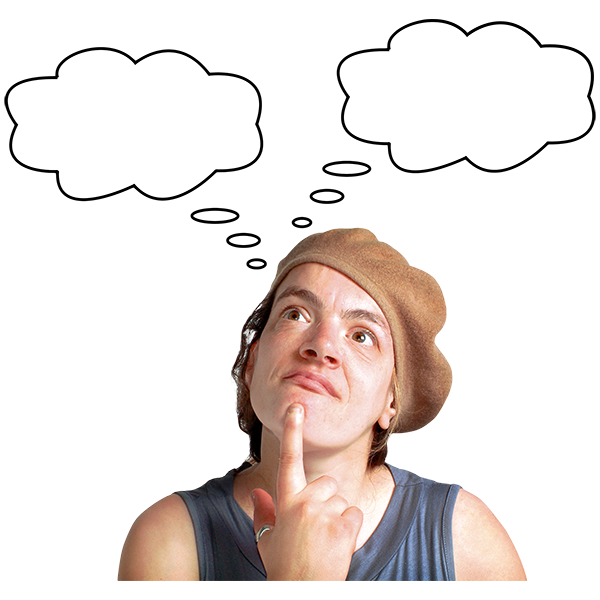 Mental capacity means being able to make a decision when it needs to be made.
Act (2005) supports the rights of people with a learning disability to engage in consensual sex.
Mental capacity means being able to make a decision when it needs to be made.
Act (2005) supports the rights of people with a learning disability to engage in consensual sex.
What barriers do people with a learning disability face in their personal and sexual relationships?
Sex
education
 Education is when you learn things. When you fill in a form to get a job, education means you write where you went to school, college or university.
: Many people with a learning disability may not have been taught about sexual health,
contraception
Education is when you learn things. When you fill in a form to get a job, education means you write where you went to school, college or university.
: Many people with a learning disability may not have been taught about sexual health,
contraception
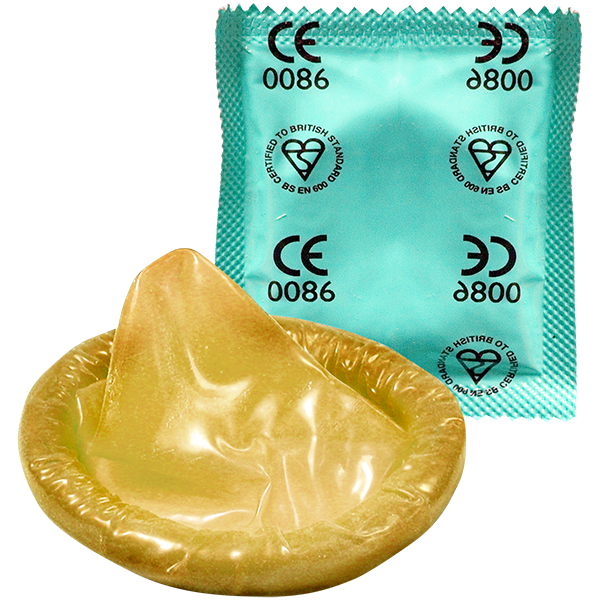 Contraception are things you can use or take to try to stop a woman getting pregnant when she has sex. Examples of contraception are condoms and the pill.
, LGBTQ relationships, masturbation and legal and emotional aspects of sex. They often do not receive
accessible
Contraception are things you can use or take to try to stop a woman getting pregnant when she has sex. Examples of contraception are condoms and the pill.
, LGBTQ relationships, masturbation and legal and emotional aspects of sex. They often do not receive
accessible
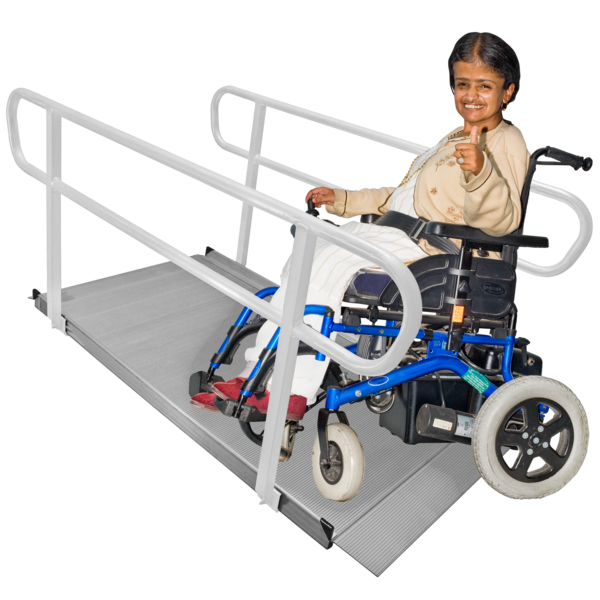 Accessible means something is easy for people to use or join in with. For example: Accessible writing means the writing is easy to read and understand.
sex education information.
Accessible means something is easy for people to use or join in with. For example: Accessible writing means the writing is easy to read and understand.
sex education information.
Poor knowledge of sex and relationships can lead to people engaging in unsafe sexual practices, and lack of awareness to report sexual abuse.
Socio-cultural barriers: People with a learning disability often are not given the privacy to pursue personal and sexual relationships.
LGBTQ people with a learning disability may experience bullying or harassment and may not be welcomed at LGBTQ spaces.
Furthermore, sex education resources and campaigns for people with a learning disability may not be designed with the specific needs of
lesbian
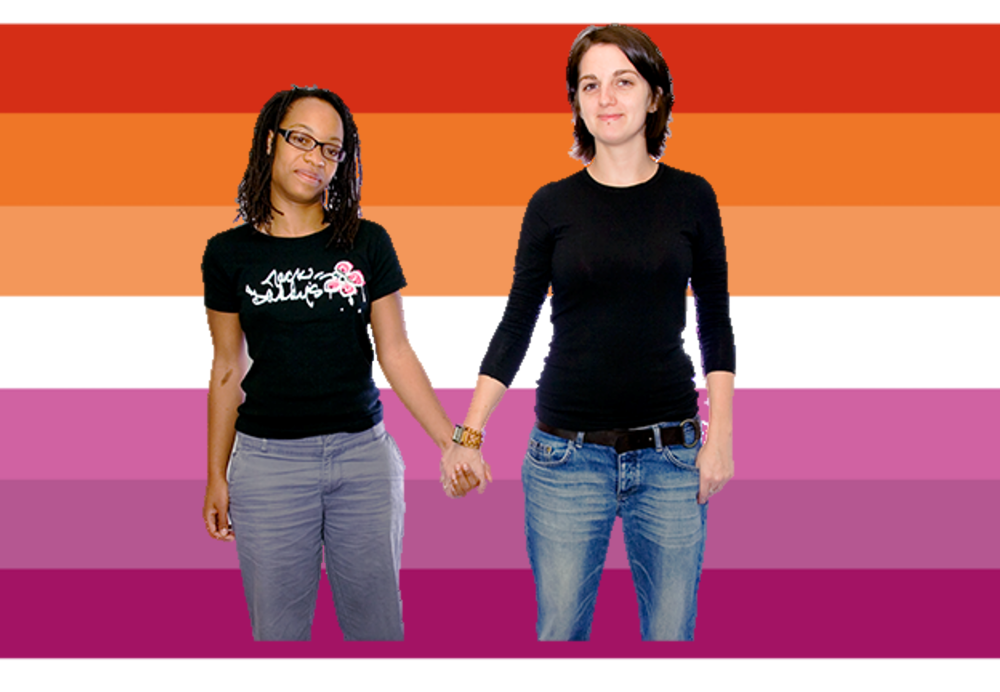 A lesbian is a woman who fancies other women.
,
gay
A lesbian is a woman who fancies other women.
,
gay
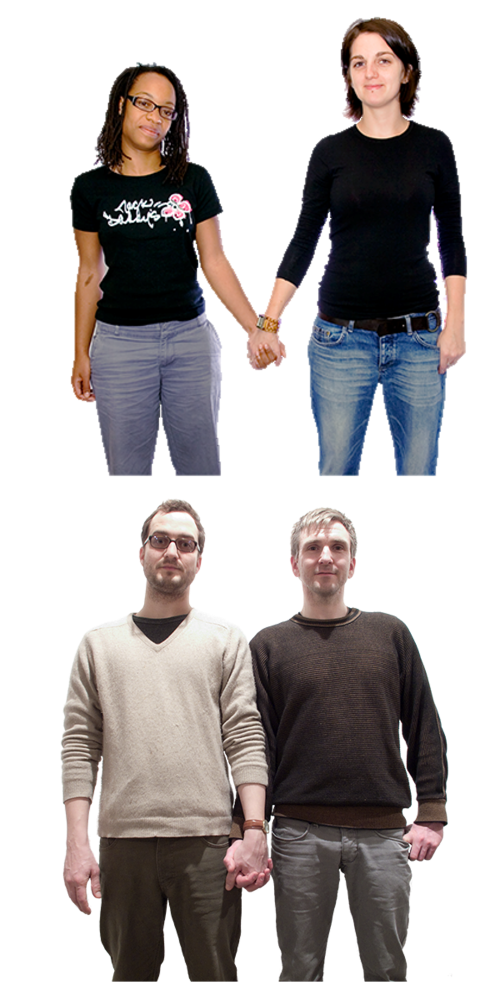 Gay means a man who fancies other men, or a woman who fancies other women.
or
bisexual
Gay means a man who fancies other men, or a woman who fancies other women.
or
bisexual
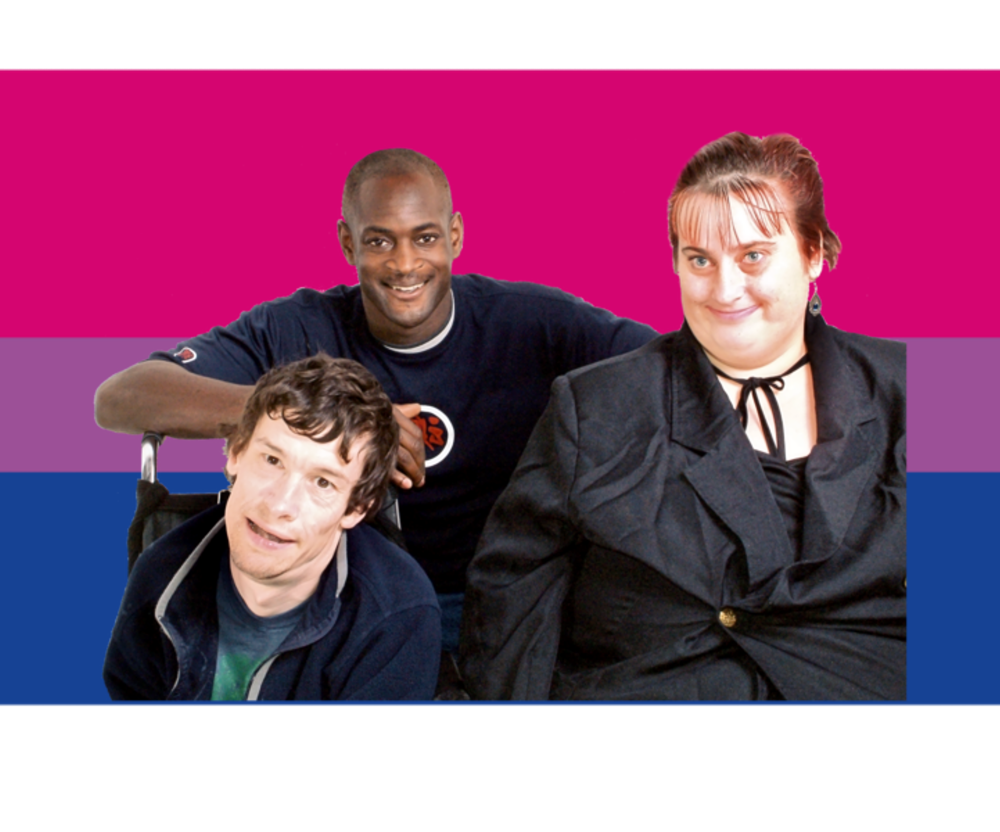 A bisexual is someone who fancies men and women.
people in mind, and instead treat everybody as heterosexual.
A bisexual is someone who fancies men and women.
people in mind, and instead treat everybody as heterosexual.
What are the best practices to help people with a learning disability in their personal and sexual relationships?
Understanding sexuality as a human right: Sexuality rights of people with a learning disability can be supported through good sex education, respect and privacy.
Positive attitudes: Non-judgemental attitudes would let people with a learning disability express their feelings around their sexuality and their sexual needs.
Guidance
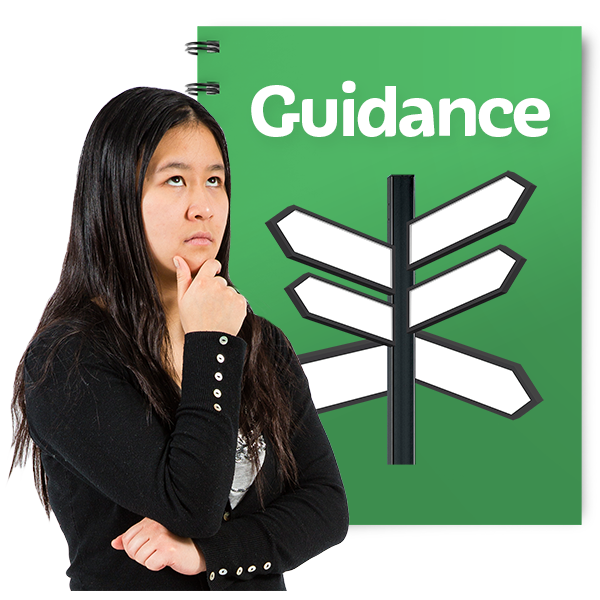 Guidance means being given clear instructions to be able to do something well.
and training: Training materials should be provided in accessible or
Easy Read
Guidance means being given clear instructions to be able to do something well.
and training: Training materials should be provided in accessible or
Easy Read
 Easy Read is a way of making written information easier to understand. Pictures are usually added next to the writing.
formats and include explanatory pictures and videos.
Easy Read is a way of making written information easier to understand. Pictures are usually added next to the writing.
formats and include explanatory pictures and videos.
Social support opportunities: Besides relying on family and support workers, social opportunities should be provided through peer-to-peer volunteering schemes such as Gig Buddies, or social support clubs and groups.
Please contact the Research team for further questions. We're happy to help answer your questions or signpost you to places that can provide the right information and support.
